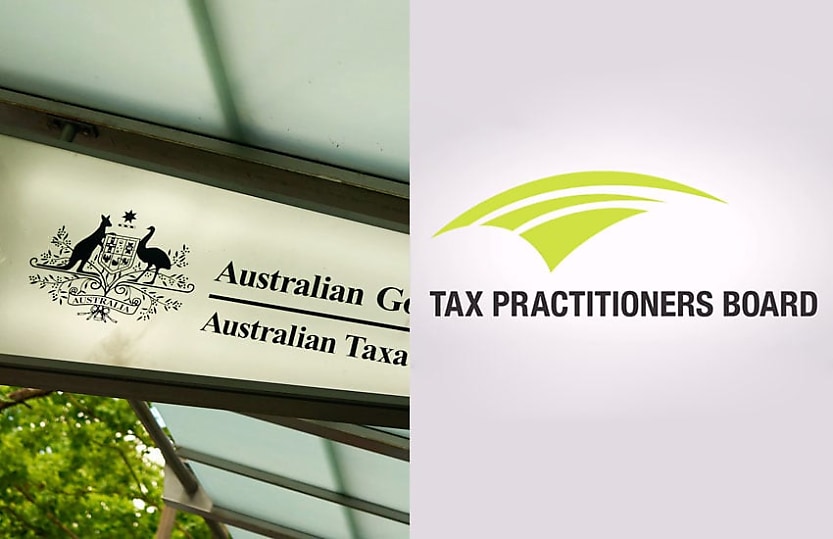Government urged to consider TPB sanctions against professional firms

The government should consider giving the TPB powers to impose sanctions on professional firms that fail to detect and prevent professional and ethical misconduct, says the IGTO.
Expanding the range of sanctions available to the Tax Practitioners Board (TPB) and improving the TPB’s access to ATO information could assist with investigations and help prevent against misconduct, the Inspector-General of Taxation and Taxation Ombudsman (IGTO) has said in a recent submission.
In a submission to the Parliamentary Joint Committee on Corporations and Financial Services, the IGTO said it has welcomed the announcement by the government that it would to implement the remaining recommendations from the Independent Review of the TPB.
This includes strengthening the range of sanctions available to the TPB.
“The IGTO supports the expansion of sanction powers for the TPB to provide a graduated series of actions that may be taken having regard to the severity and scope of misconduct found to have been committed,” the IGTO told the PJC inquiry into the audit, assurance and consulting industry.
However, the IGTO said the Committee may also want to consider additional factors for strengthening the TPB.
“The Committee may wish to consider whether or not the TPB should have powers to investigate and impose sanctions on professional firms where it is found that the firm has failed to institute appropriate risk management and governance frameworks to detect and prevent professional and ethical misconduct,” the submission said.
“At present, the jurisdiction of the TPB extends only to the (individual) practitioners that are required to be registered with it.
“Where misconduct is found to have occurred, it is the individual practitioner that is sanctioned with little or no pecuniary or other impacts for the associated firm.”
The IGTO said that empowering the TPB to extend its its investigative and sanction powers to the relevant professional firm may assist to ensure that firms take necessary action and establish more robust governance arrangements to guard against any such misconduct by partners, employees and other agents.
The government may also need to look at improving the TPB’s access to ATO information and information-gathering powers, the submission said.
“A consideration of all relevant information for the purposes of satisfying the requirements of procedural fairness can contribute to delay in concluding an investigation, especially where the investigator is required to satisfy themself through their own investigations of the alleged conduct and behaviour,” the IGTO said.
“It may be efficient to introduce a positive statutory obligation on the relevant professional, professional firm or professional association to assist the TPB in their investigations.”
The IGTO said it would also be useful to consider whether the TPB’s access to ATO information is sufficient for these purposes.
“The IGTO is unable to identify any current legal obligation or mandate for a Taxation Officer to refer information to the TPB for further investigation where potential misconduct has been identified. The current wording in Division 355 of the TAA 1953 permits but does not mandate a Taxation Officer to share information with the TPB,” the submission said.
“However, the ATO and TPB have a shared risk in relation to the ethical and professional conduct of tax practitioners, including as a result of the Commissioner’s role as Accountable Authority of both agencies. Accordingly, the Committee may wish to enquire with each how this shared risk is managed according to their internal risk procedures and related protocols.
“It would be expected that internal procedures exist within each of the ATO and TPB to escalate matters for referral in defined circumstances but ultimately such matters appear to be managed through internal governance processes, which are ultimately discretionary processes.”
Under the current laws, the TPB may request the production of documents or things under section 60-100 of the TASA.
However, the IGTO said this pre-supposes the TPB is aware of the underlying issue, understands the scope and nature of concerns needing to be investigated and has insight into the available information it should be requesting.
“Whilst it is possible to frame a request broadly, such requests are likely either to generate a large volume of information that will require time and resources to review and analyse, or not yield meaningful information to aid the inquiry,” it said.
“In the IGTO’s view, it is always preferable to have direct access to the relevant case information for the purposes of conducting an independent investigation efficiently. As all TPB officers are Taxation Officers, the IGTO believes that such direct access could be readily managed through the ATO’s internal monitoring structures to guard against inappropriate access or misuse that currently applies to all taxation officers of the ATO.”
About the author







